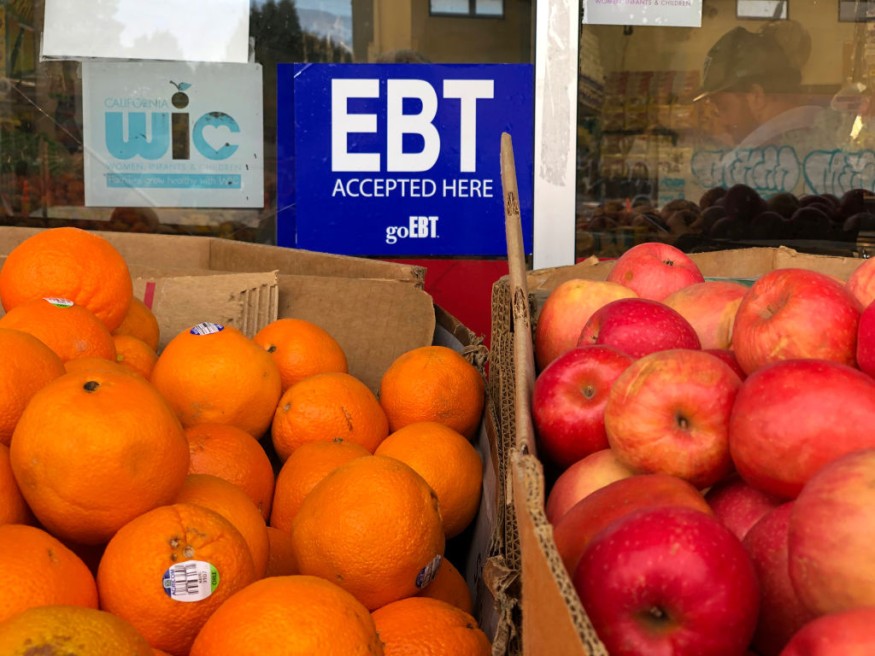SNAP Benefits Update: Should Food Stamp Eligibility Be Stricter?

SNAP benefits provide families with nutritional support, especially those who are at the low-income threshold.
Supplemental Nutrition Assistance Program benefits recipients are two-thirds families with children while over one-third are in a household with older adults or people with disabilities.
To receive food stamps payments, participants should meet certain requirements that the U.S. Agriculture Department has imposed, including other eligibility rules the state they live in are mandating, according to the Center for Budget and Policy Priorities.
An applying household should meet limits on gross monthly income, which should be at or below 130% of the poverty line, equating to $2,379 a month for a three-person household. Households with a member who is age 60 or older or has a disability are exempted from this ruling.
Meanwhile, net income must be less than or equal to the poverty line, which is about $1,830 a month.
An applying household's assets should be below the limits of a $2,500 for households without a member who is age 60 or older or has a disability.
A household with such members should have an asset worth $3,750.
SNAP Benefits Eligibility
A recent survey showed what Americans think of the current SNAP benefits eligibility, with the poll taking 1,000 participants.
Around 29% said that SNAP benefits eligibility requirements should be stricter, while 27% noted that it should be less strict.
Another 29% believed that the SNAP benefits eligibility should remain the same.
The YouGov poll also revealed other things about the anti-hunger program such as the participants' views on food stamps.
The survey showed that 67% of Americans have a favorable view of the SNAP benefits program, with it being more favorably among Democrats at 78%, Republicans at 67%, and Independents at 59%.
Meanwhile, 40% of Americans believe that SNAP should receive more additional resources, with 55% of Democrats twice as likely to support increased financing in the program while 27% of Republicans showed support.
Other welfare programs were also included in the survey such as Social Security and Medicare, which mainly benefit the elderly.
Older Americans are more likely to have a very favorable opinion of Social Security, with 57% saying Social Security should receive more funding.
SNAP Benefits Update
Several changes are applied to SNAP benefits in 2023, such as the ending of the emergency allotments.
Emergency allotments are implemented during the onset of the COVID-19 pandemic to help struggling Americans and cushion the economic impact of the pandemic.
Households who also receive SNAP and Social Security benefits will see a decrease in their SNAP benefits due to the significant cost of living increase to Social Security benefits on January 1, 2023.
Some states have already ended their emergency allotments such as the case in Alaska, Arizona, Florida, Iowa, and Montana, among many others.
South Carolina has also put to an end their emergency allotments after the January 2023 issuance.
In March 2023, SNAP benefits will return to normal amounts for all SNAP households, including other states providing emergency allotments such as the remaining states, D.C., Guam, and the U.S. Virgin Islands.
This article is owned by Latin Post.
Written by: Mary Webber
WATCH: 700K Oregonians brace for reduced SNAP benefits - from KOIN 6
Subscribe to Latin Post!
Sign up for our free newsletter for the Latest coverage!
















